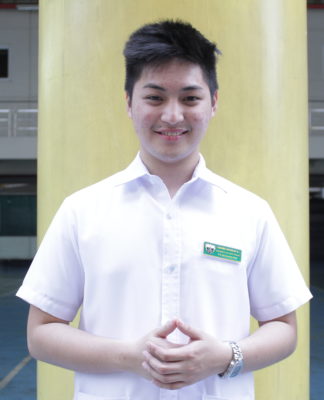IN ANTICIPATION of the university’s quadricentennial in 2011, the office of the Academic Affairs plans to implement its Open Distance Learning (ODL) Course this year.
ODL is an educational system wherein the student is geographically distanced from the instructor. Classes are held through any accessible technology.
The program is focused on providing education to certain individuals impeded by distance, lack of time, or physical incapacity.
The course will be part of the University-wide curriculum development program, which is set to further enhance the quality of education in UST.
“We are lagging behind in this respect, globally speaking. While big universities have built-in system called ODL, tayo 400 years na, wala pa tayong ganyan,” said Vice Rector for Academic Affairs Fr. Jose Antonio Aureada, O.P.
He further explained that ODL will use all the available means of communication like video-conferencing and telephone.Aside from these, the University will establish study and learning centers all over the country. The Dominican Network will also be tapped for support.
“Attendance, as a directive, is not a computable factor for the grade except to determine the failure of absences,” Fr. Aureada said.
In addition, a room solely for the ODL course will be set up in the EdTech Center, while the module to be used for the course will be done by the professors who will take part in the program.
According to Fr. Aureada, a series of workshops and seminars will be given by resource speakers from other universities that have ODL to help the professors make modules for the program.
The proposed pilot course will be implemented in the UST Graduate School (USTGS). This would be beneficial to professional graduate students who have to balance regular classes and hectic work schedules.
Some foundation courses in the undergraduate course will follow if the program is successful in the USTGS.
“’Pag (implemented) na iyan at initially successful, then maybe we can have special target groups of students,” Fr. Aureada said.
These groups include those who are confined in the hospital and in prison who want to study.
Meanwhile, the drama course, which was initially set for this school year, did not push through because of time constraints.
According to Fr. Aureada, they plan to offer the program to grade five and six students, to third and fourth year high school students, and to first and second year college students.
The participants would be repaired to pay a fee of P100, which would entitle them to watch a play per semester. Billy Joe I. Allardo













